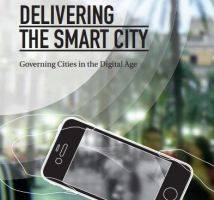November 26, 2014
Unions and employers call for greater uptake of flexible working
 The release of two new sets of employment data has prompted the Confederation of British Industry (CBI) and the Trades Union Congress (TUC) to issue separate rallying calls for the greater uptake of flexible working. Responding to a YouGov survey, which found that over two-fifths (42 percent) of UK workers would not feel comfortable asking their employer for more flexible working practices, the CBI called on firms to encourage and respond positively to such requests in both their own interests and those of employees. Meanwhile, the TUC used the publication of new figures from the Office for National Statistics, which showed that under-employment remains at pre-recession levels and there remains a shortfall in the number of full-time job opportunities, to suggest that part of the solution to both problems lies in the promotion of flexible working rights.
The release of two new sets of employment data has prompted the Confederation of British Industry (CBI) and the Trades Union Congress (TUC) to issue separate rallying calls for the greater uptake of flexible working. Responding to a YouGov survey, which found that over two-fifths (42 percent) of UK workers would not feel comfortable asking their employer for more flexible working practices, the CBI called on firms to encourage and respond positively to such requests in both their own interests and those of employees. Meanwhile, the TUC used the publication of new figures from the Office for National Statistics, which showed that under-employment remains at pre-recession levels and there remains a shortfall in the number of full-time job opportunities, to suggest that part of the solution to both problems lies in the promotion of flexible working rights.


























